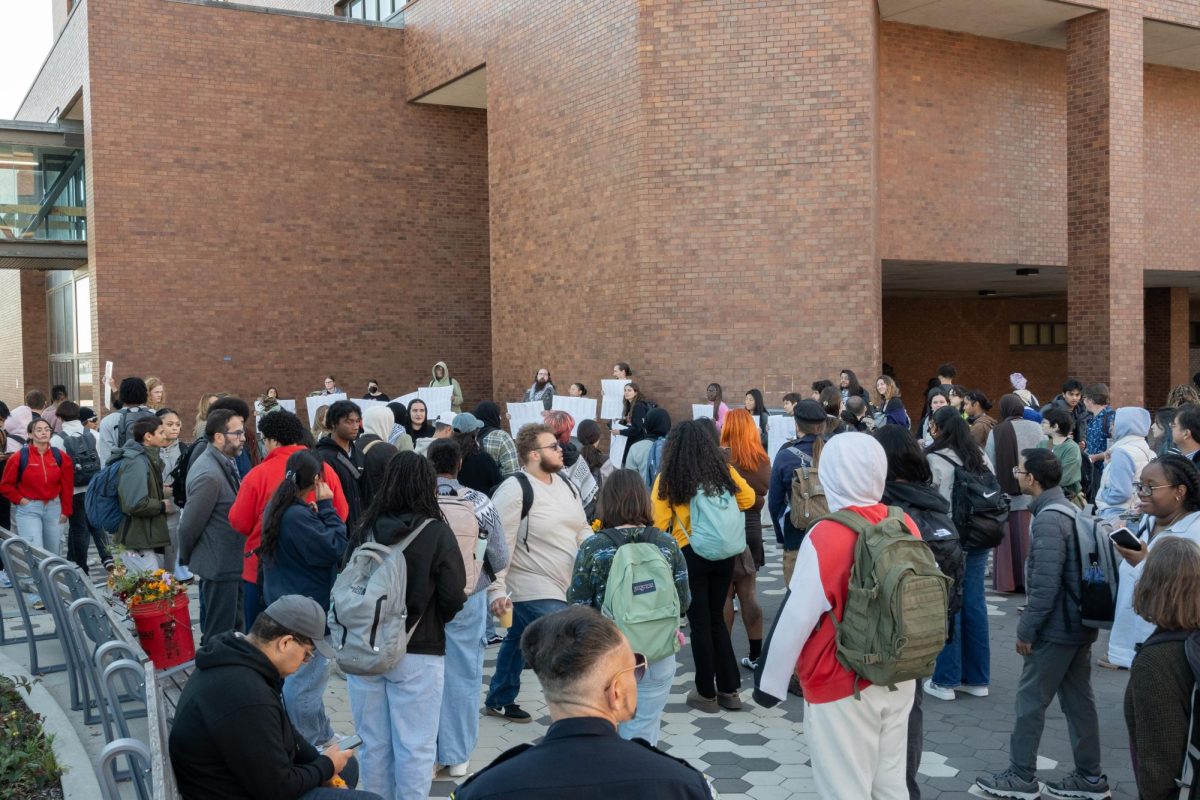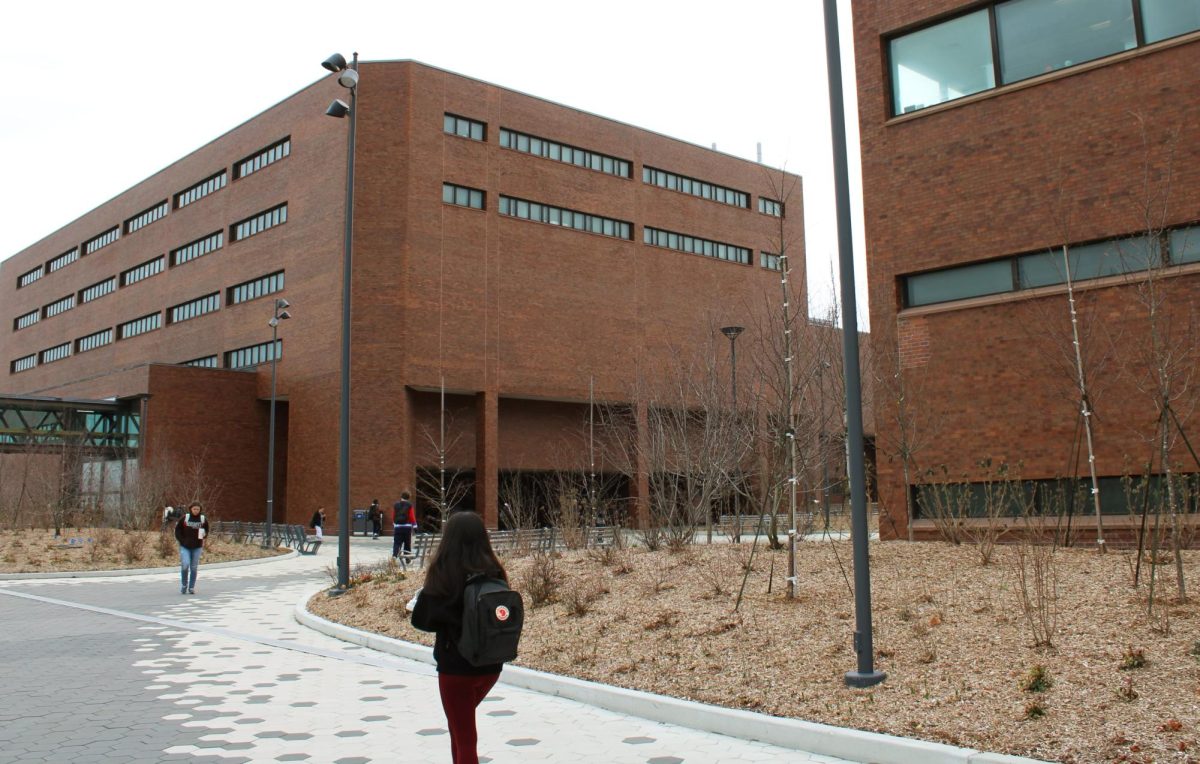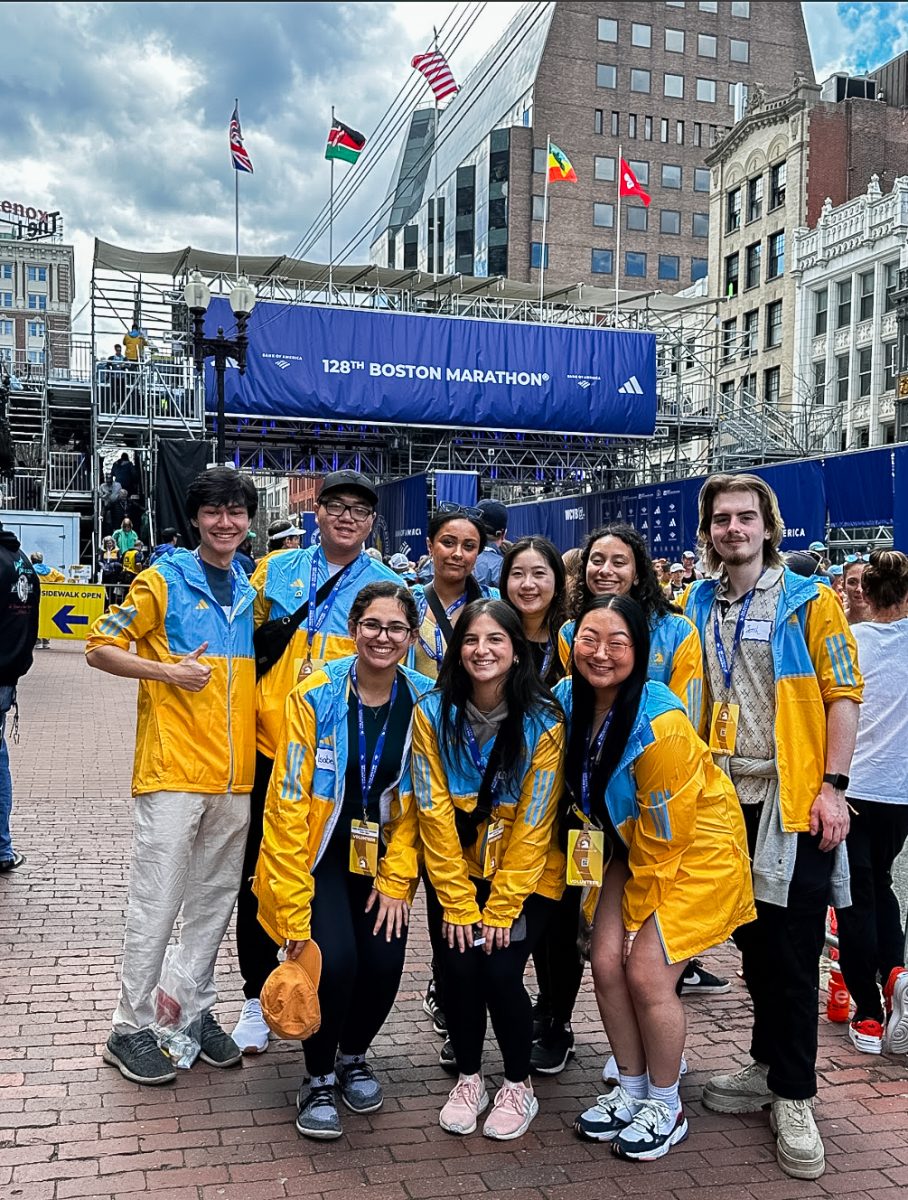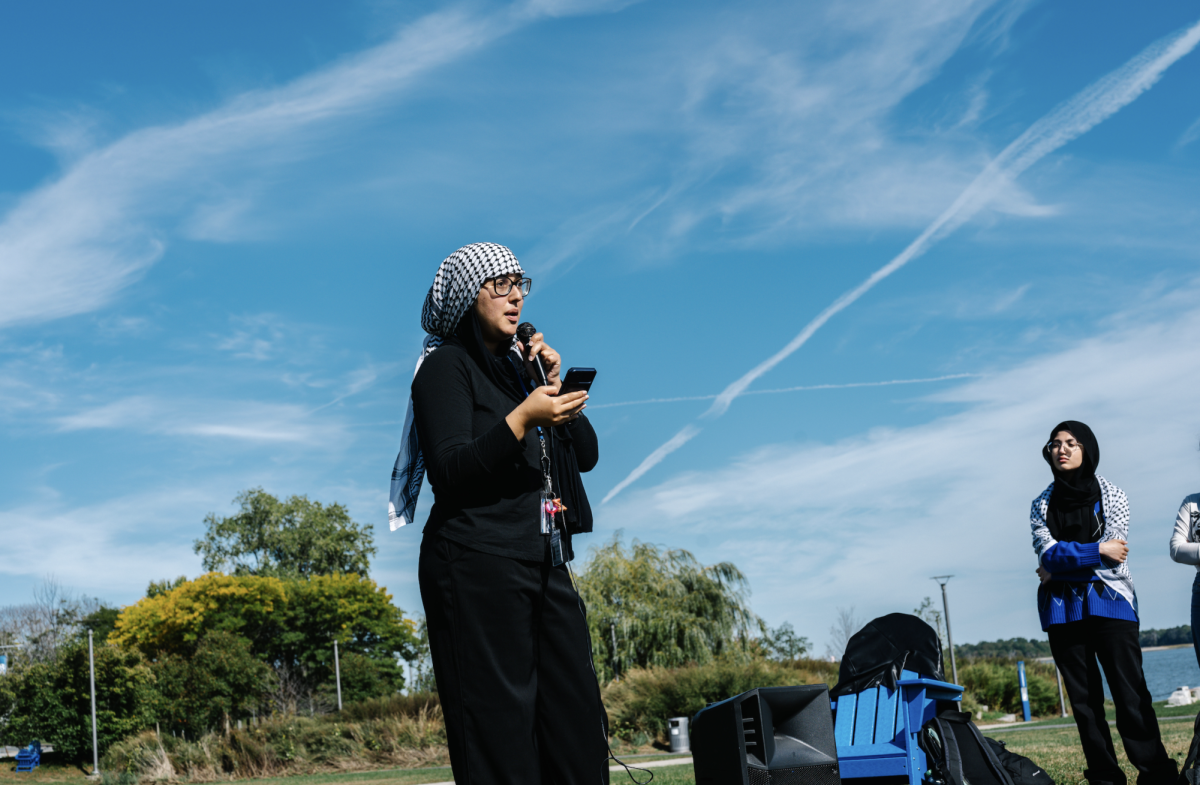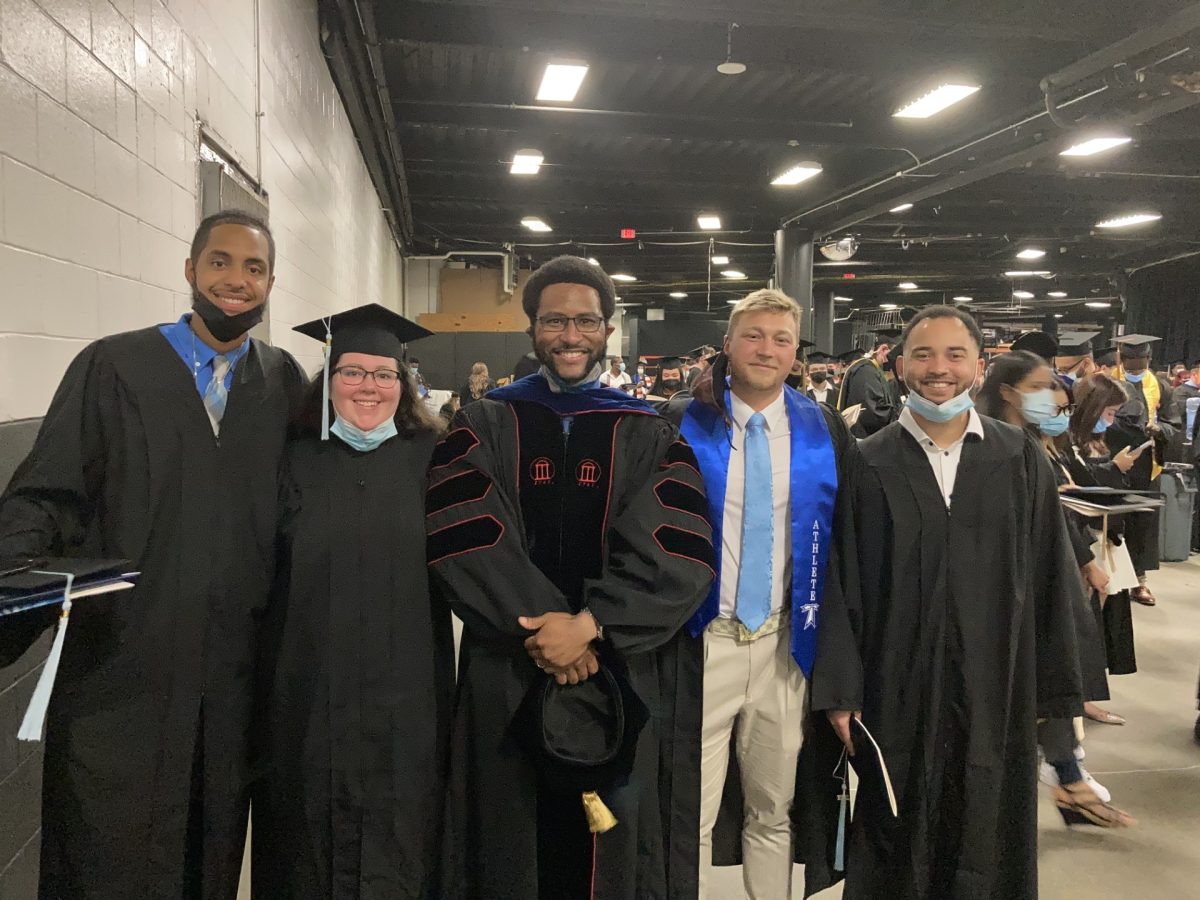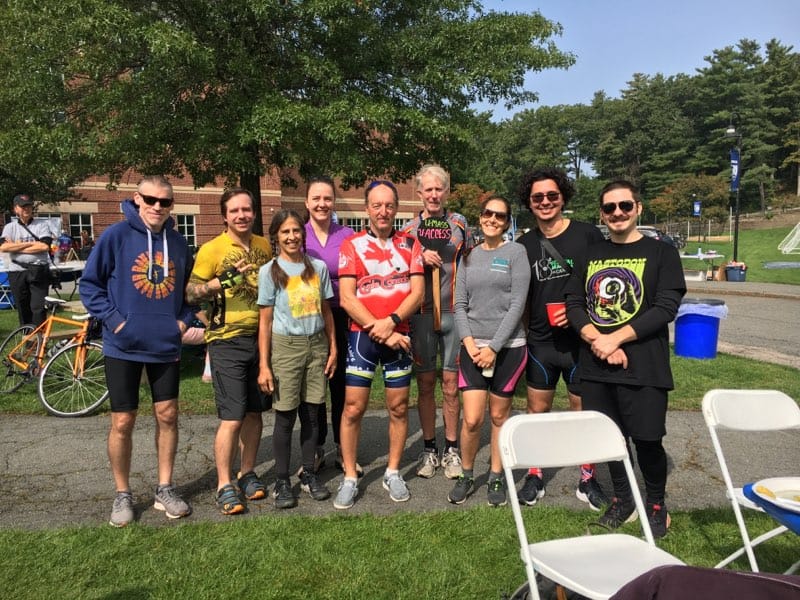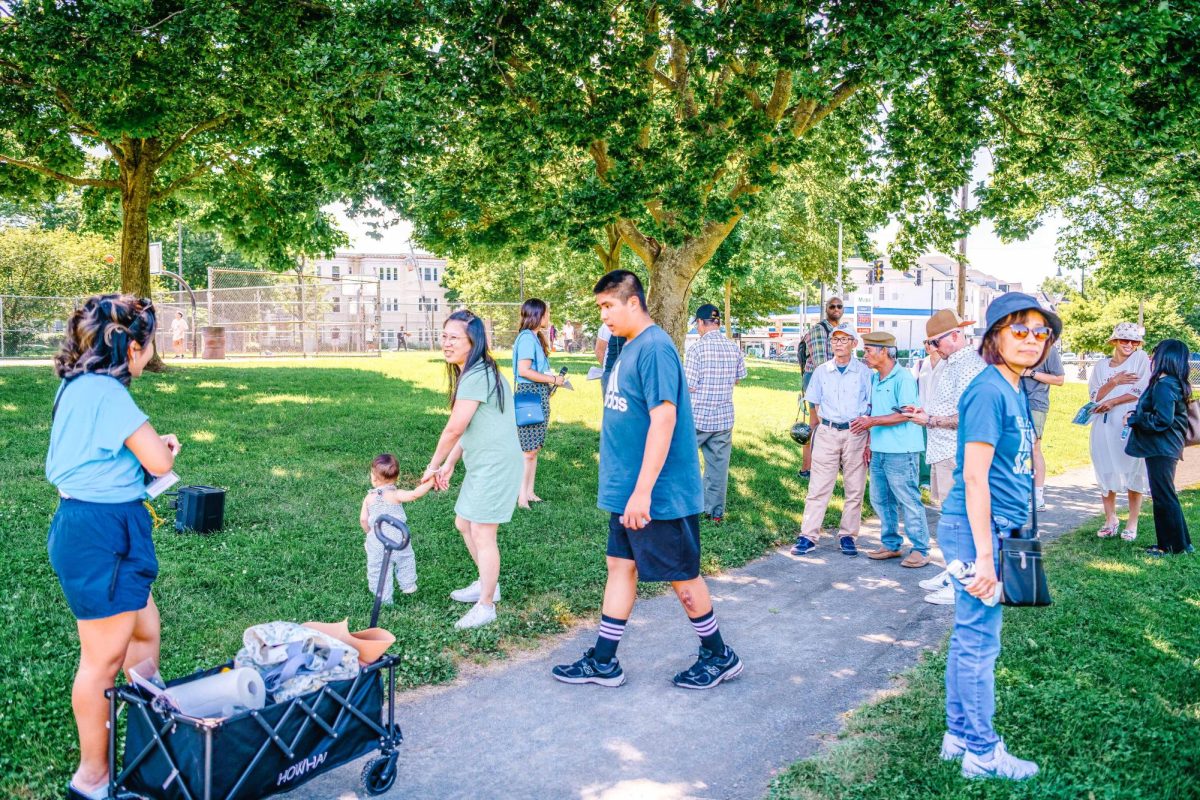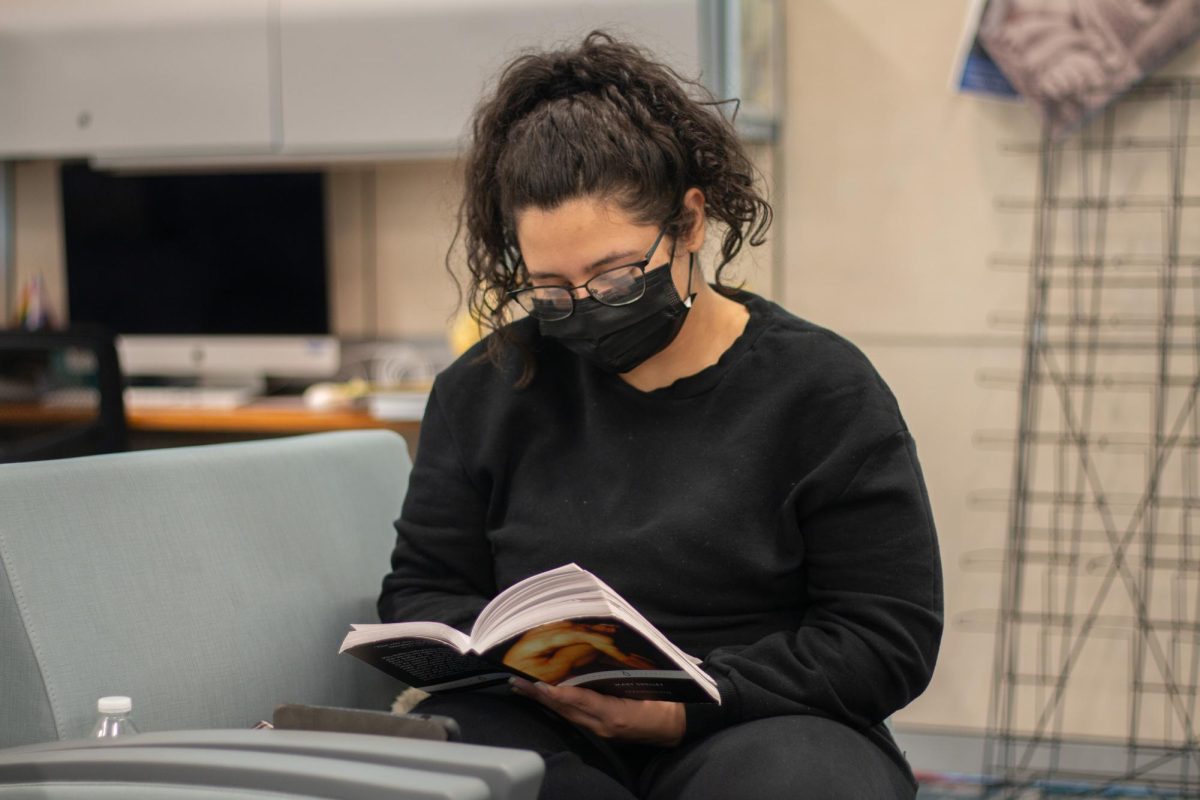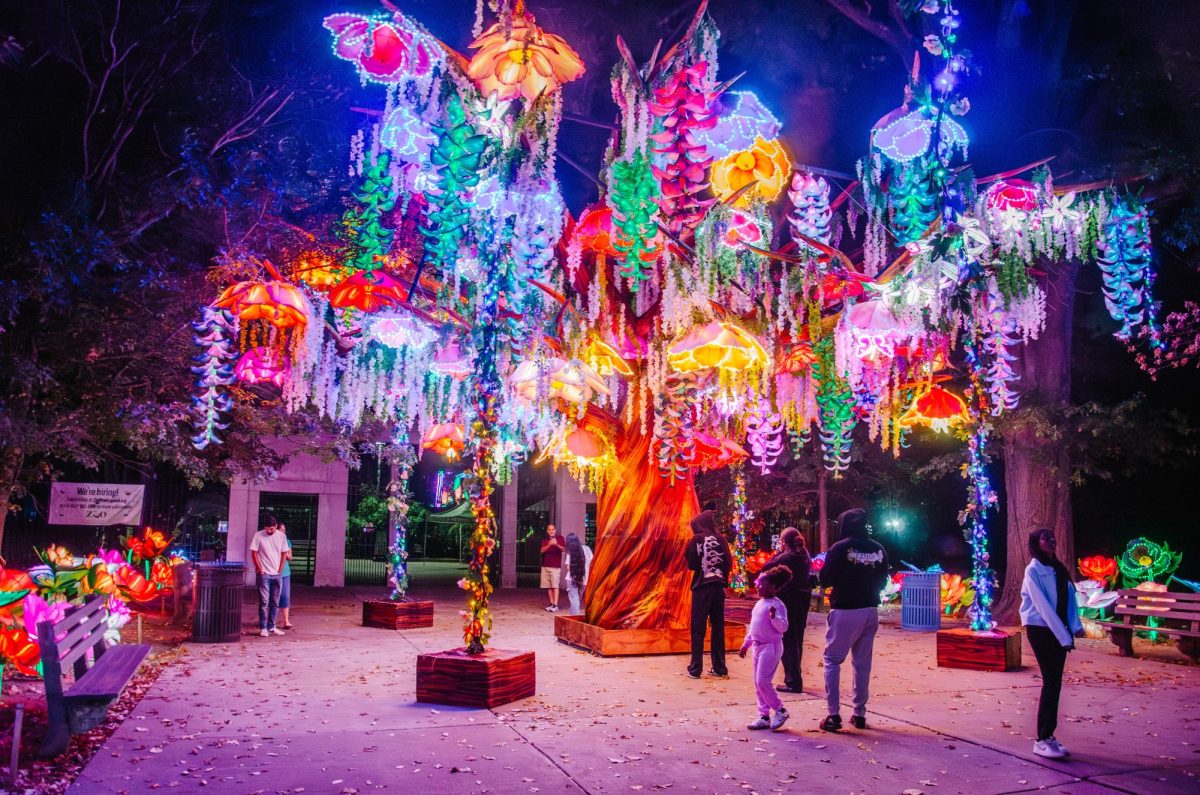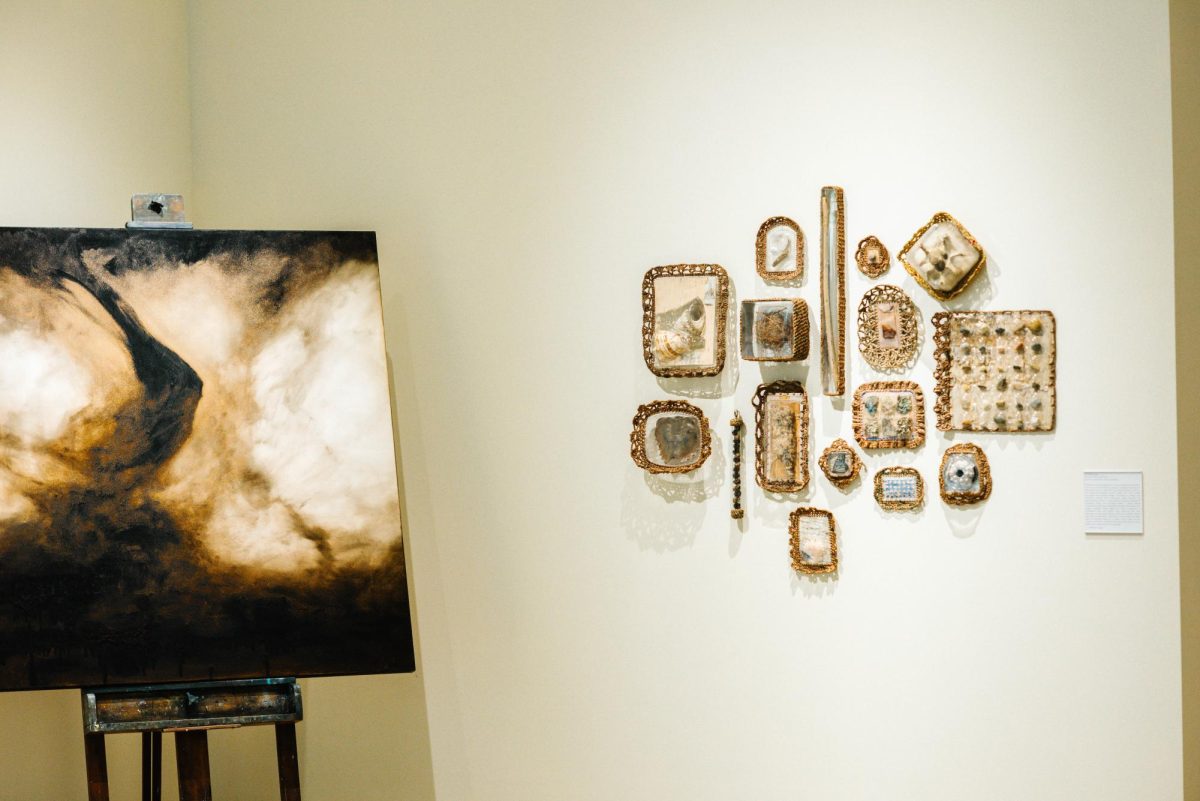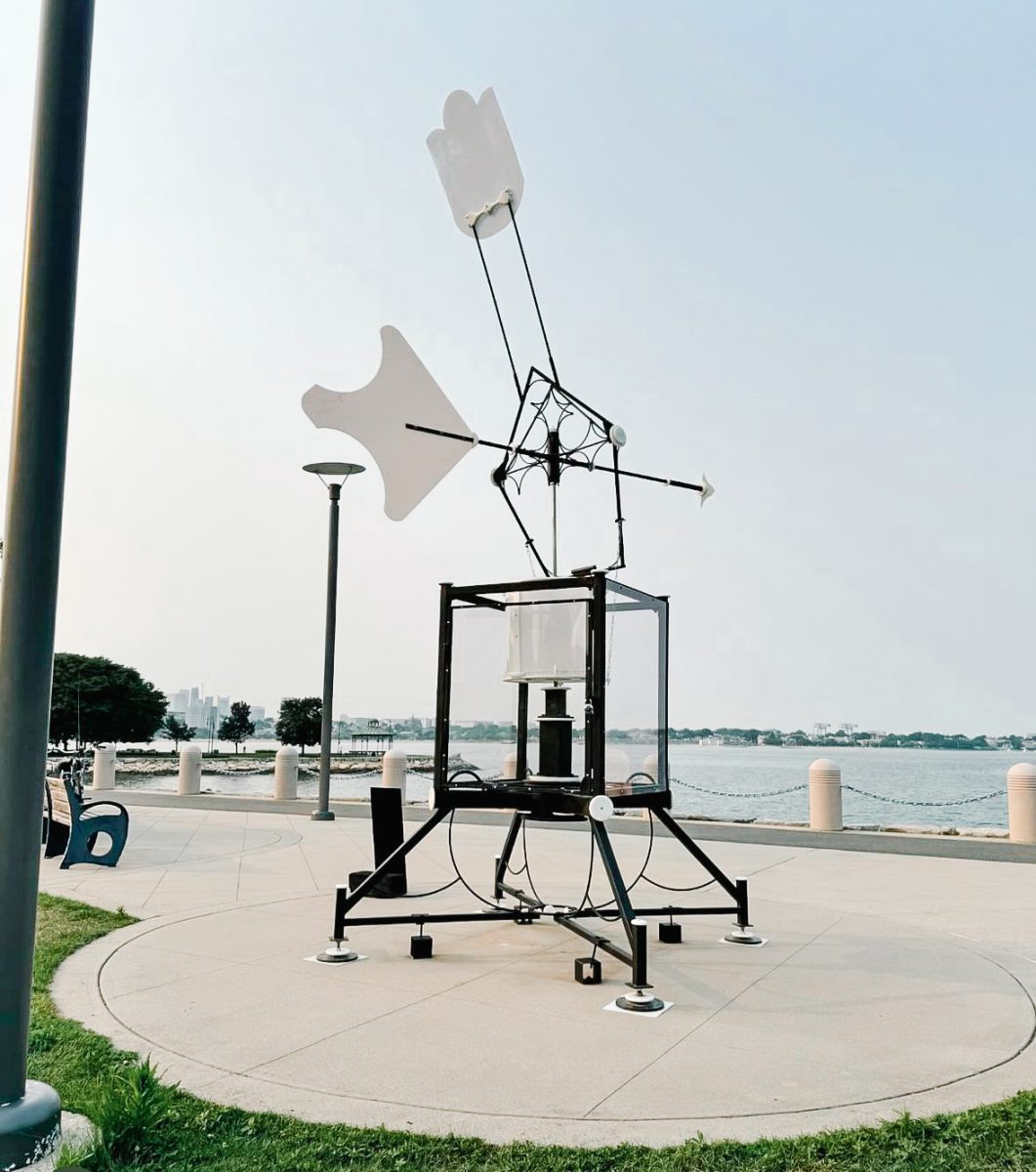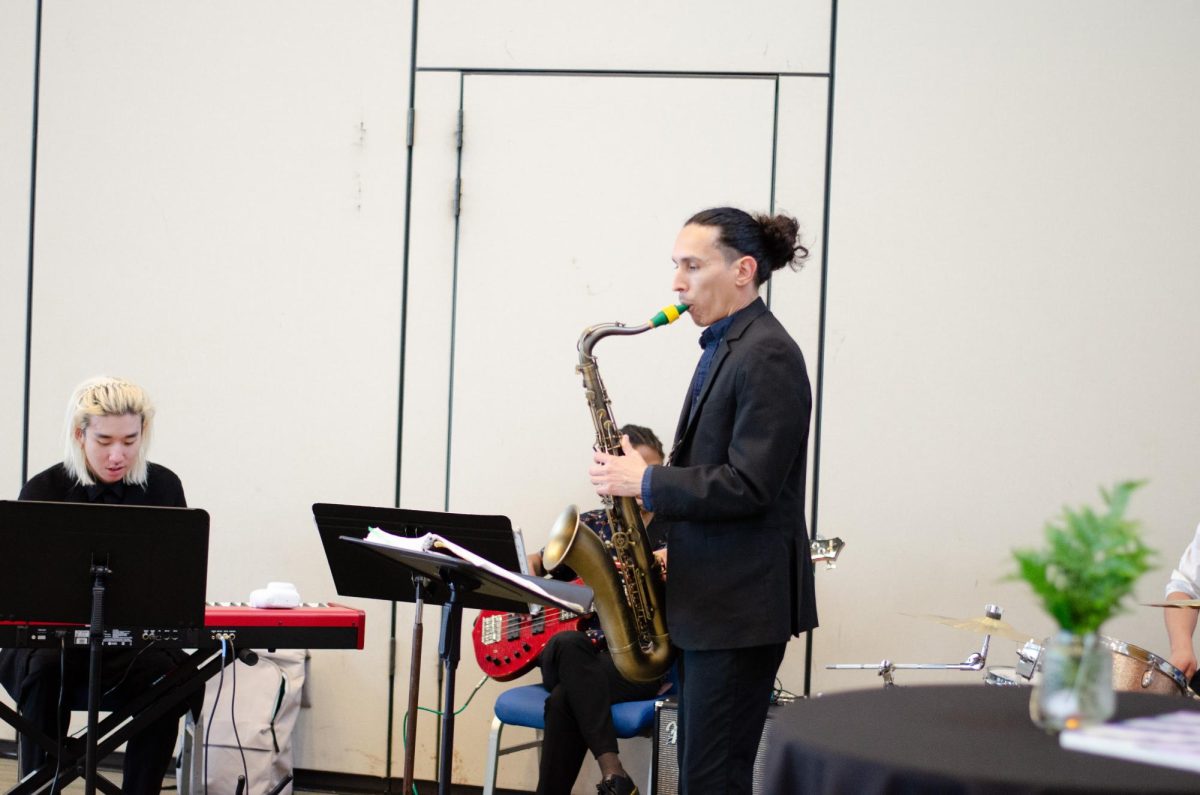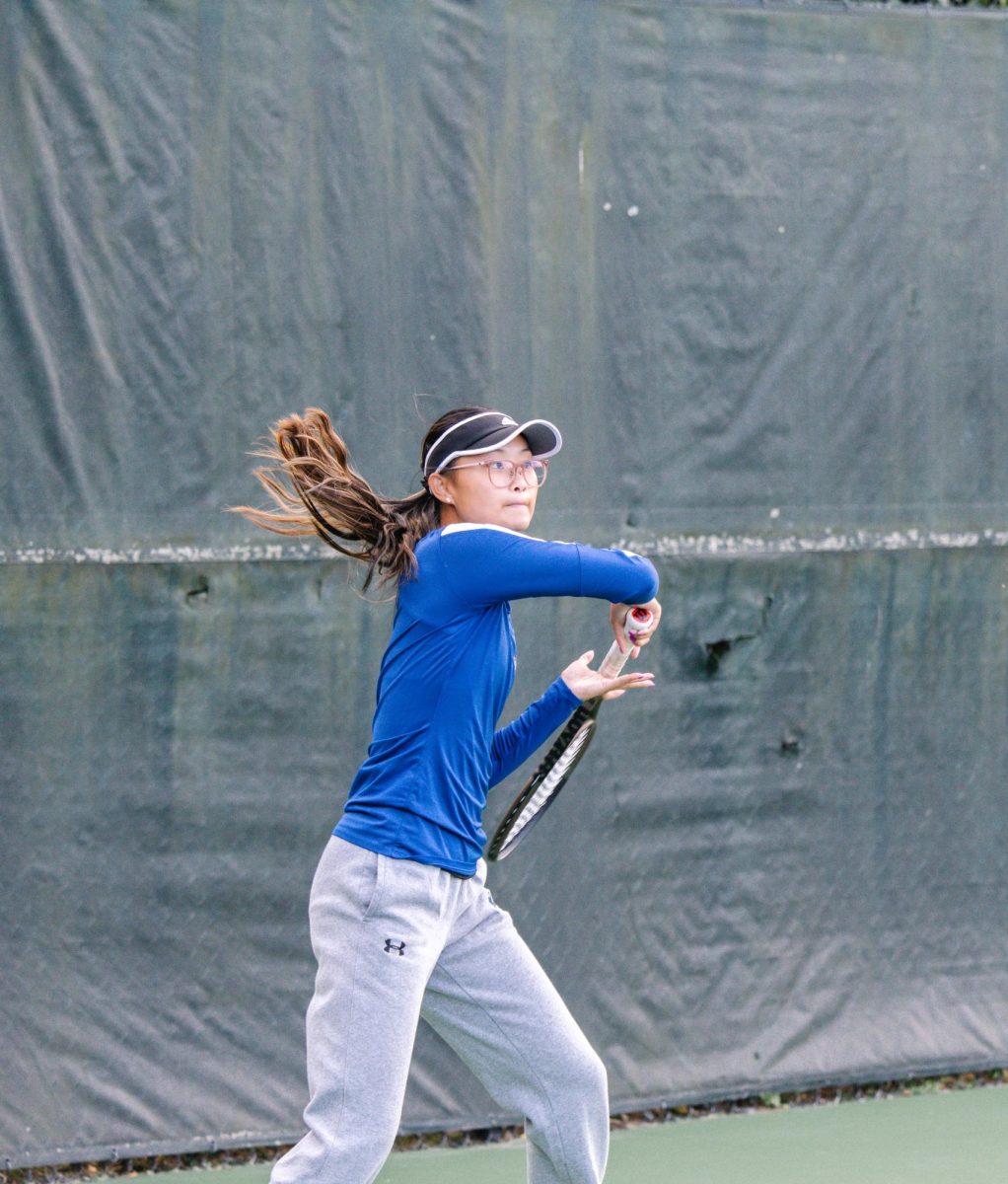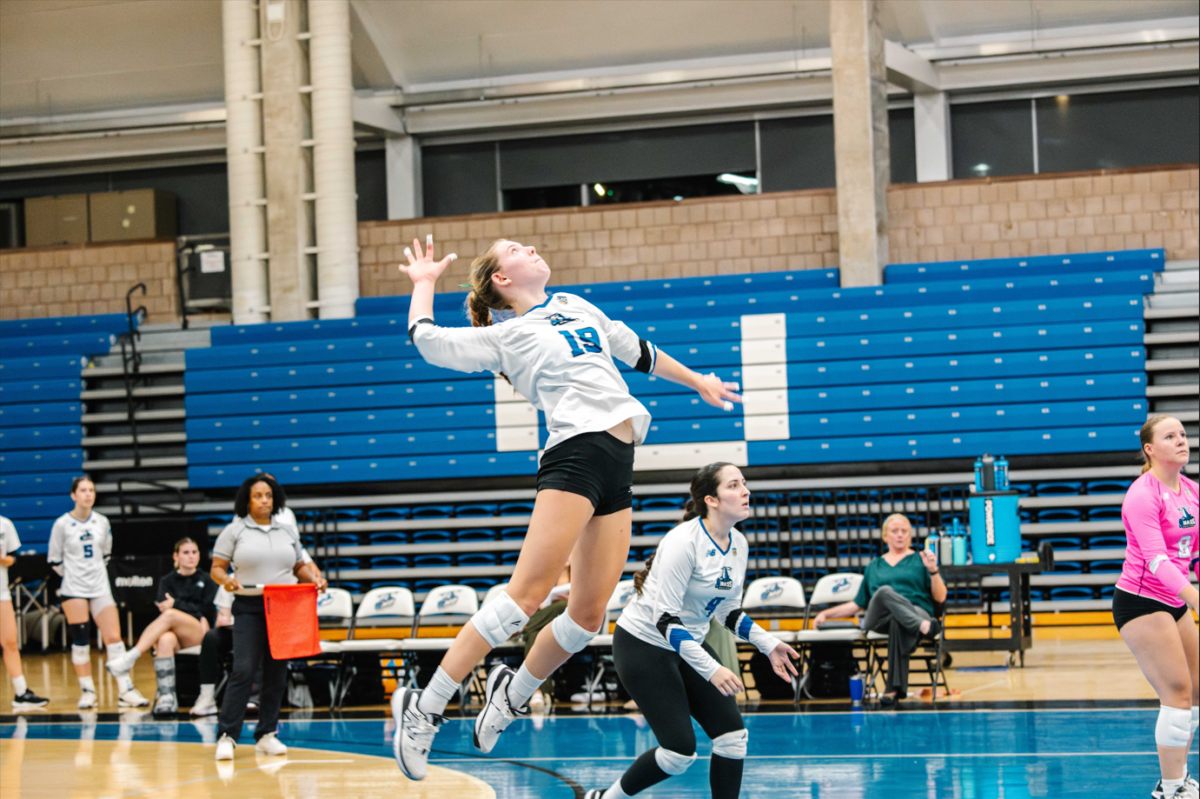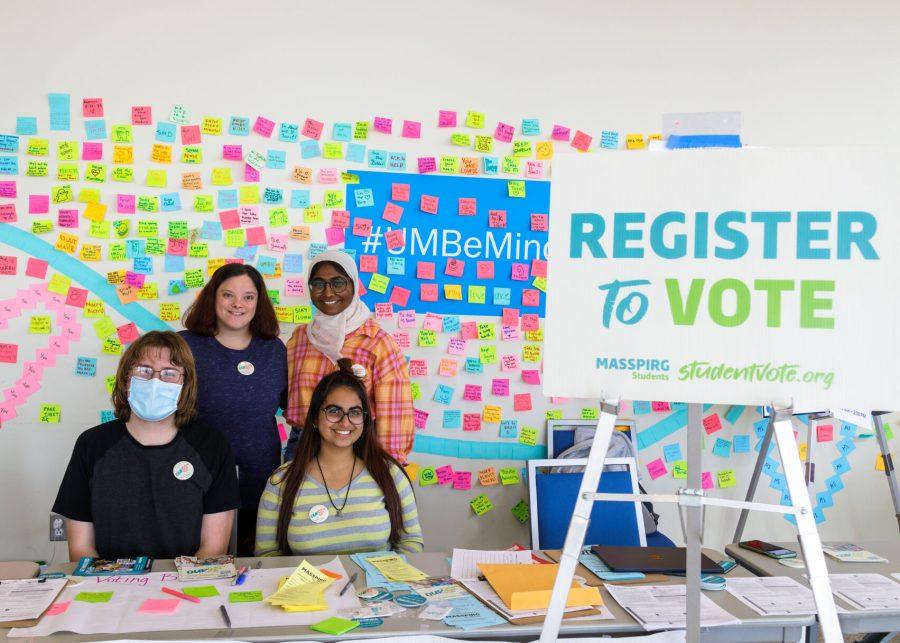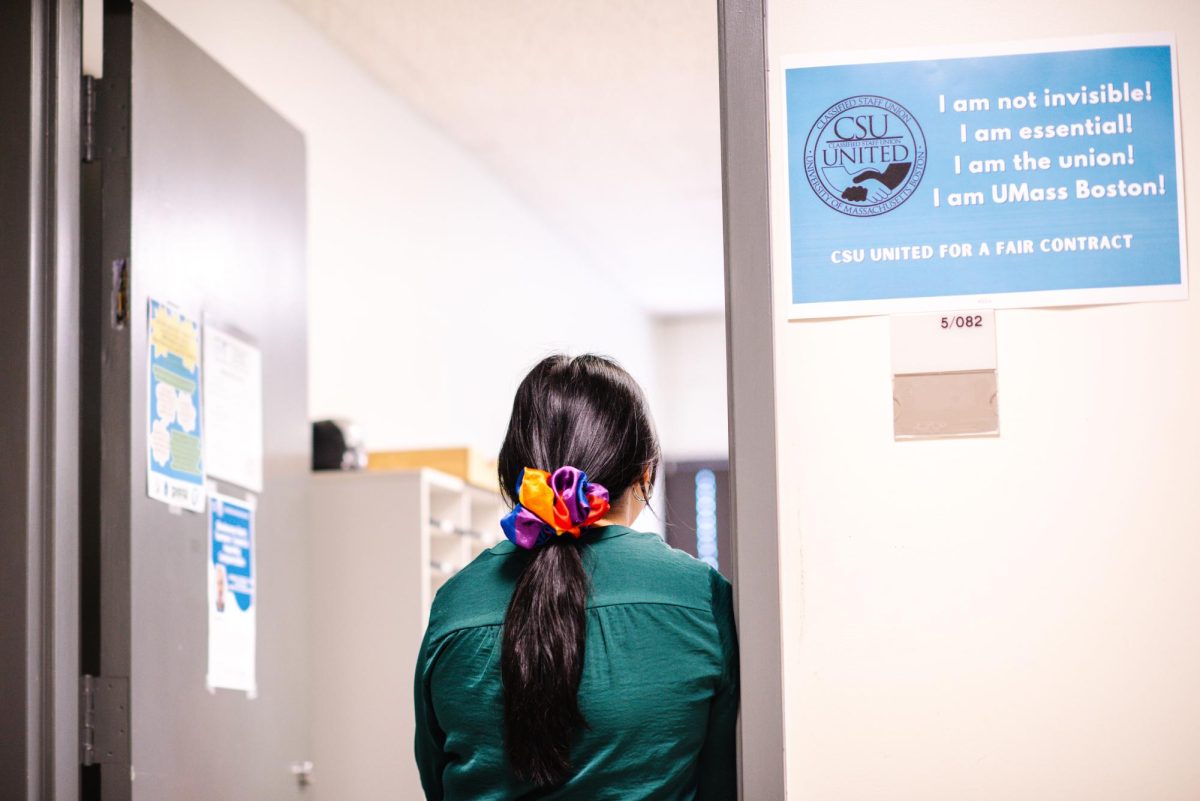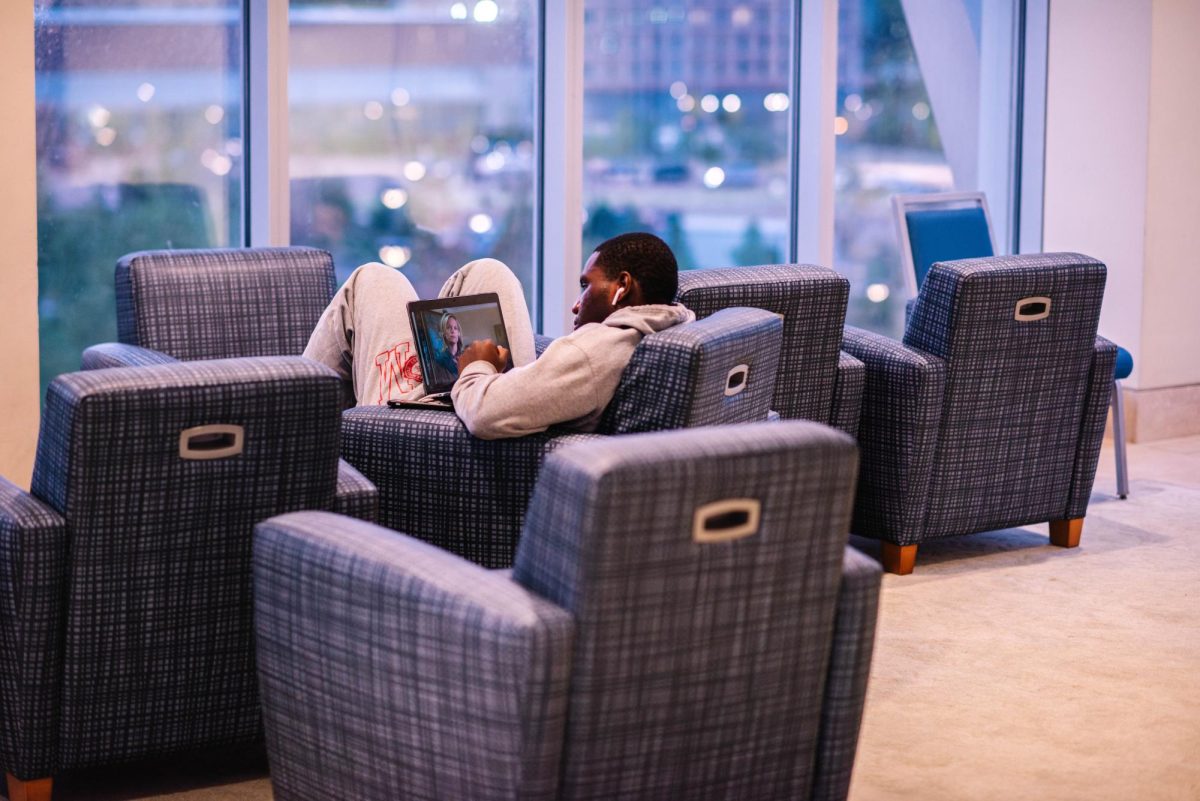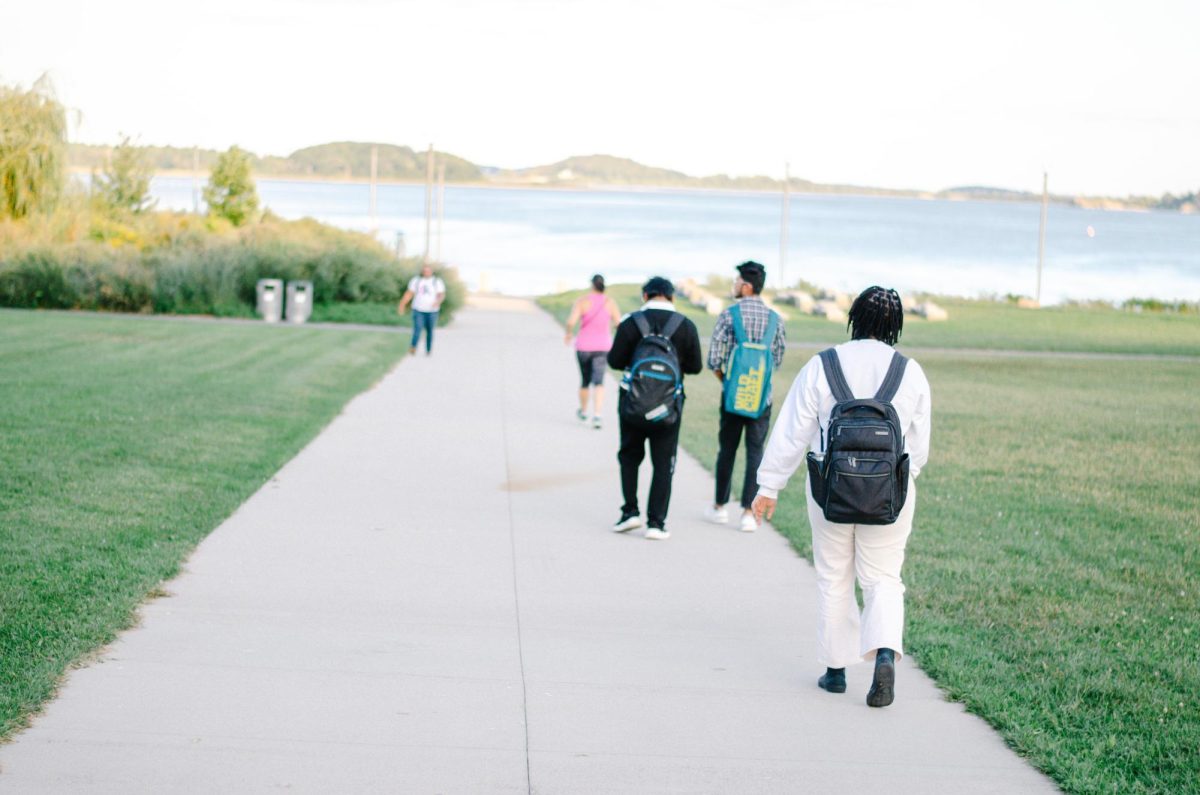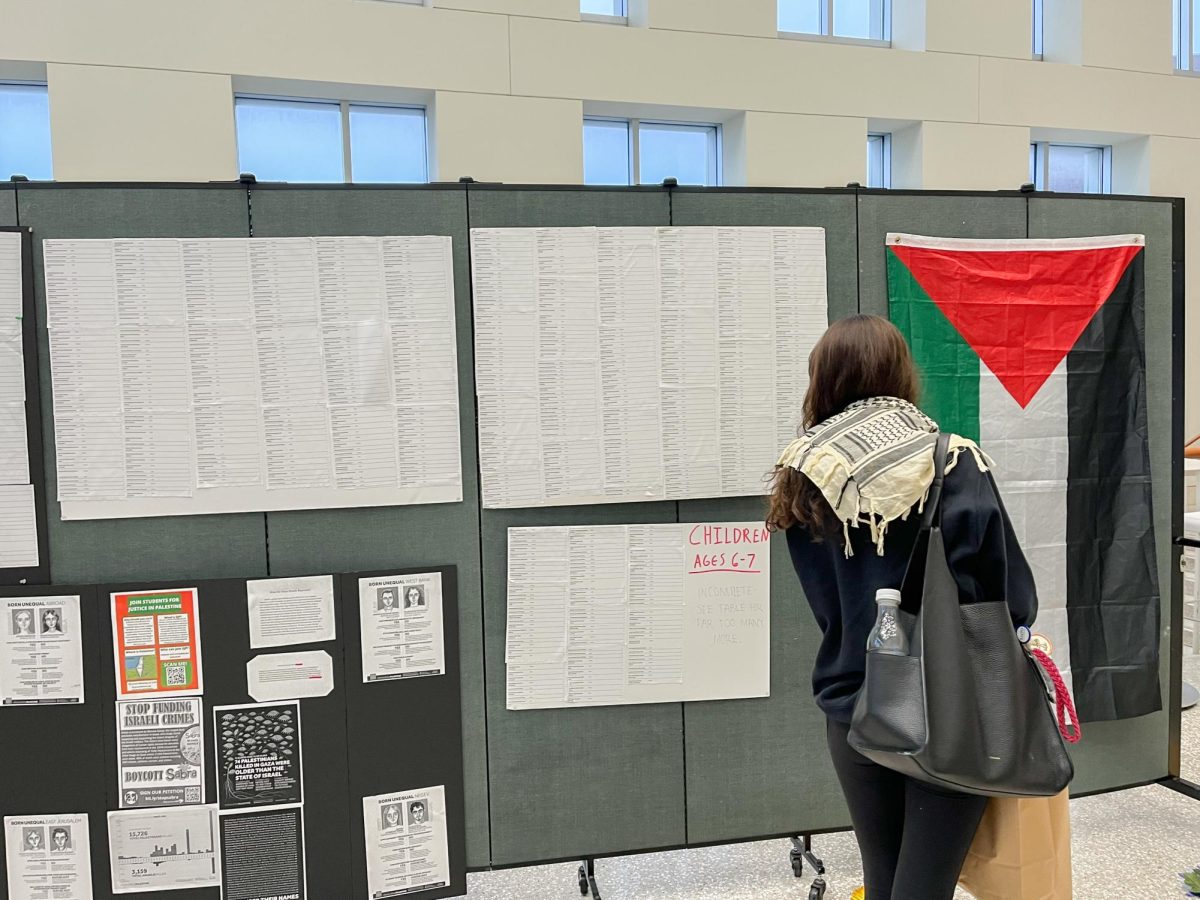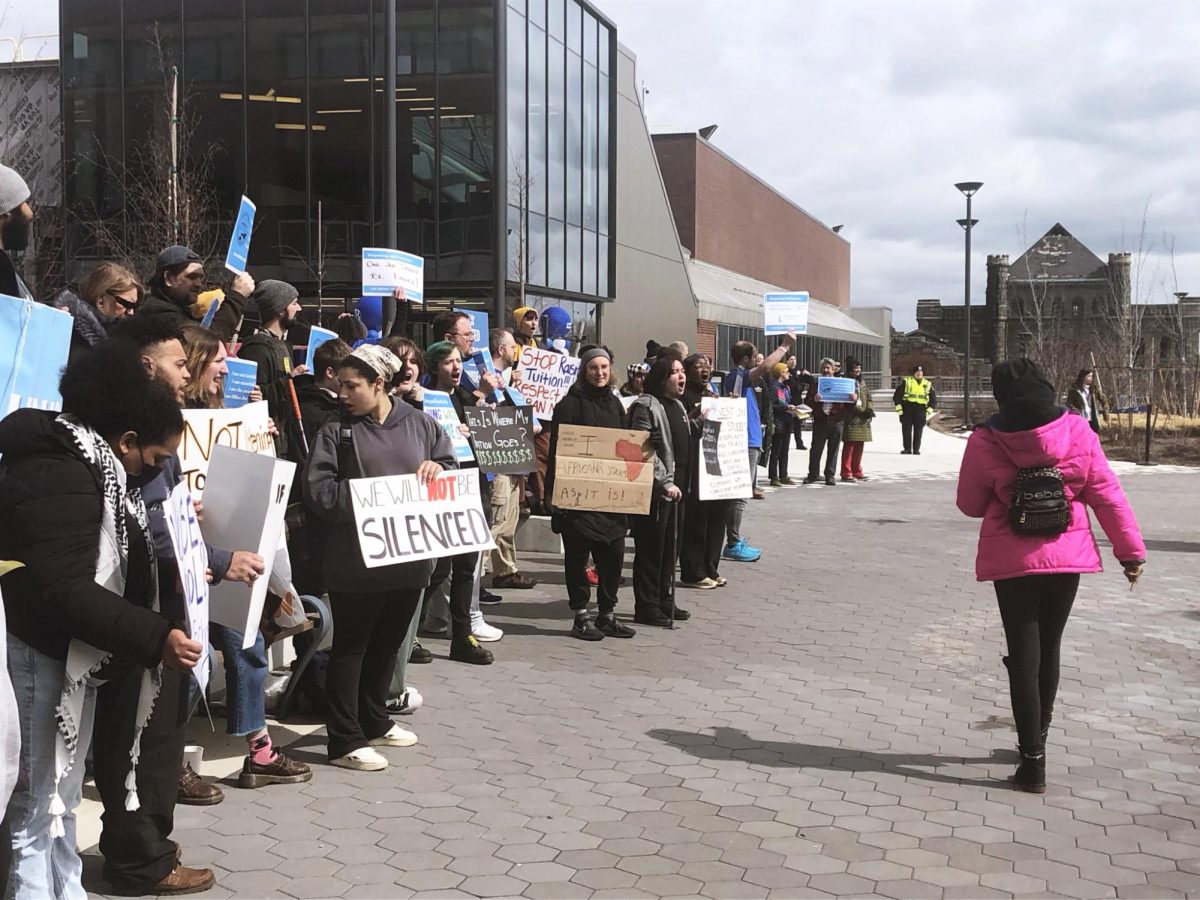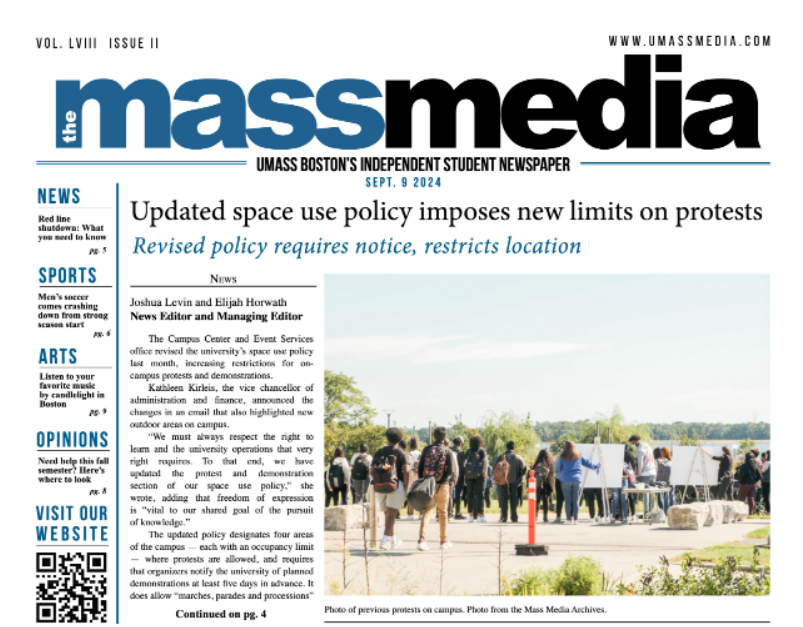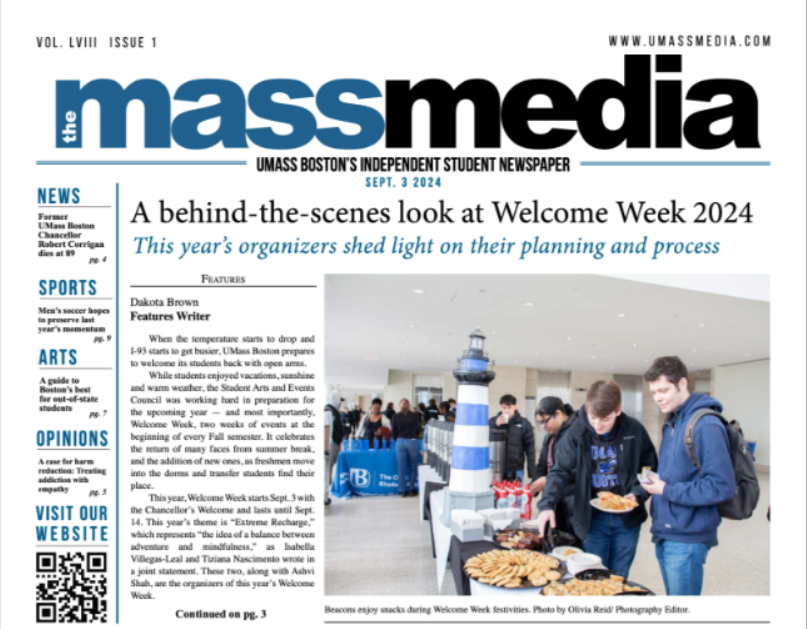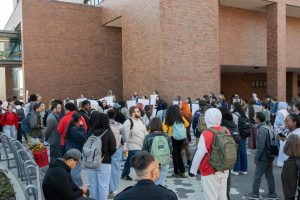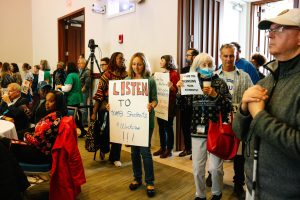Campus Police Shakedown
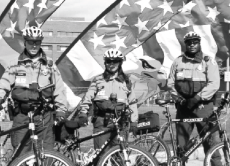
Campus Police Shakedown
November 10, 2009
It’s been five years since anyone officially paid attention to campus police performance, and even as National and State review reps descended on campus two weeks ago to do an overdue performance review, nothing seemed to change about police performance on campus.
Students still jaywalked one hundred feet from crossing guards without getting yelled at. Police cruisers still waited for cars to go ten miles an hour over the speed limit before pulling them over. In fact the only people who seemed concerned about the review were administrators.
Vice Chancellor Patrick Day sent a campus wide email inviting student, faculty and staff participation in the review. In the email he stressed that the review was a part of regular procedure, and praised campus police on their professionalism.
“The very effectiveness of their work often makes it seem invisible and unnoticed,” Day wrote.
All the information gathered during the review is confidential and campus police stoically declined to talk about it.
“The results will be back in four to six weeks. We won’t know anything until then,” explained Police Lieutenant Stanley.
No need for an interview. This lead was cold.
Still, Student Government President Terral Ainooson recalled an incident in his own past where campus police were less than helpful to him.
“I had a computer stolen once. I Gave them the information, and they didn’t do anything,” Ainooson said.
Larcenies often go unsolved at UMB. Campus police were unwilling to discuss their procedures, and said that students should be sure to lock things up and be aware of their surroundings.
The other students that shared opinions were mostly ambivalent. Steven Taft, a sophomore and tentative engineering major, said nothing but good things about the campus cops.
“I’ve never felt unsafe here. You always see one walking by every twenty minutes or so there [points toward the breezeway]. It seems like they’re doing their job pretty well,” said Taft.
Two women eating lunch by the windows in front of the Campus Center the week of the review said they didn’t have much perspective to provide on base police. One of them, Rhia Goncalves had a hard time remembering if she’d ever seen a police officer outside of a cruiser.
“You hardly see them so it’s hard to know what’s going on. Once I saw them arresting someone . . . but that’s the only time I’ve seen them really doing anything . . . It seems like they just give out tickets, but they’re pretty nice when you speak to them,” she said.
Laziness seems to be the most common critique of campus police, but it’s unclear if this is a stereotype perpetuated by lack of attention or if it’s deserved.
Crossing guards and patrolling police on campus all declined to comment for this article. Lt. Stewart indicated that police are used to getting angry feedback from people.
“Usually the only people with negative things to say are the ones that we ticket,” he said.
The International Association of Campus Law Enforcement Administrators (IACLEA) conducted the review, and although one of the reviewers was the former police chief from UMass Lowell, the university administration insists that the review was unbiased and open for everyone’s comments. Results will be back by the end of the semester.

